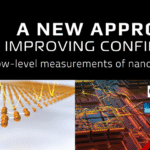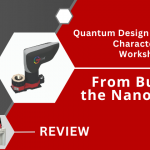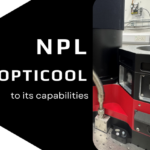Venue: Cambridge University, Maxwell Centre, Rayleigh Seminar Room
In early October, Quantum Design had the pleasure of hosting a Material Property Measurement Workshop at the University of Cambridge. The workshop covered the complete suite of material property measurement systems offered by Quantum Design. The first day highlighted the Magnetic Property Measurement System (MPMS3), Physical Property Measurement System (PPMS) family, and OptiCool. The second day focused on the various material measurement techniques and techniques to improve accuracy.
The event was held for those who are interested in owning one of these systems, as well as existing users.
“I always very much look forward to attending and presenting at these annual measurement workshops. They provide a unique opportunity to touch base in-person with our users in the UK and Ireland that other forms of communication simply cannot match. In addition to my role as an educator, each year I come away with having learned something new myself that I can then pass on to our worldwide customers.”
Dr. Randy Dumas, Applications Scientist, Quantum Design
ABOUT DR. RANDY DUMAS, APPLICATIONS SCIENTIST, QUANTUM DESIGN
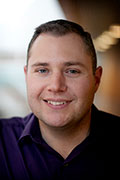
Randy received his PhD in 2009 from the University of California, Davis on the topic of reversal mechanisms in magnetic nanostructures. As a postdoctoral fellow at the University of Gothenburg, Sweden he studied next generation magnetic and spin wave based data storage and processing paradigms. Randy also worked with the Swedish startup, NanOsc Instruments AB, developing a user-friendly plug-and-play FMR spectrometer. Randy joined Quantum Design in August 2016 and his specialty lies primarily in magnetic characterisation of both fundamentally interesting and technologically relevant materials.
“The workshop allowed me to learn from the most knowledgeable people in the business. I gained great insight into Quantum Design’s systems and was given fantastic advice on the considerations that need to be accounted for when taking measurements or working on the equipment. It was a fantastic experience that I would recommend for anyone working with Quantum Design’s equipment.”
Maciej Myszczynski, Trainee Engineering Technician, University of Sheffield
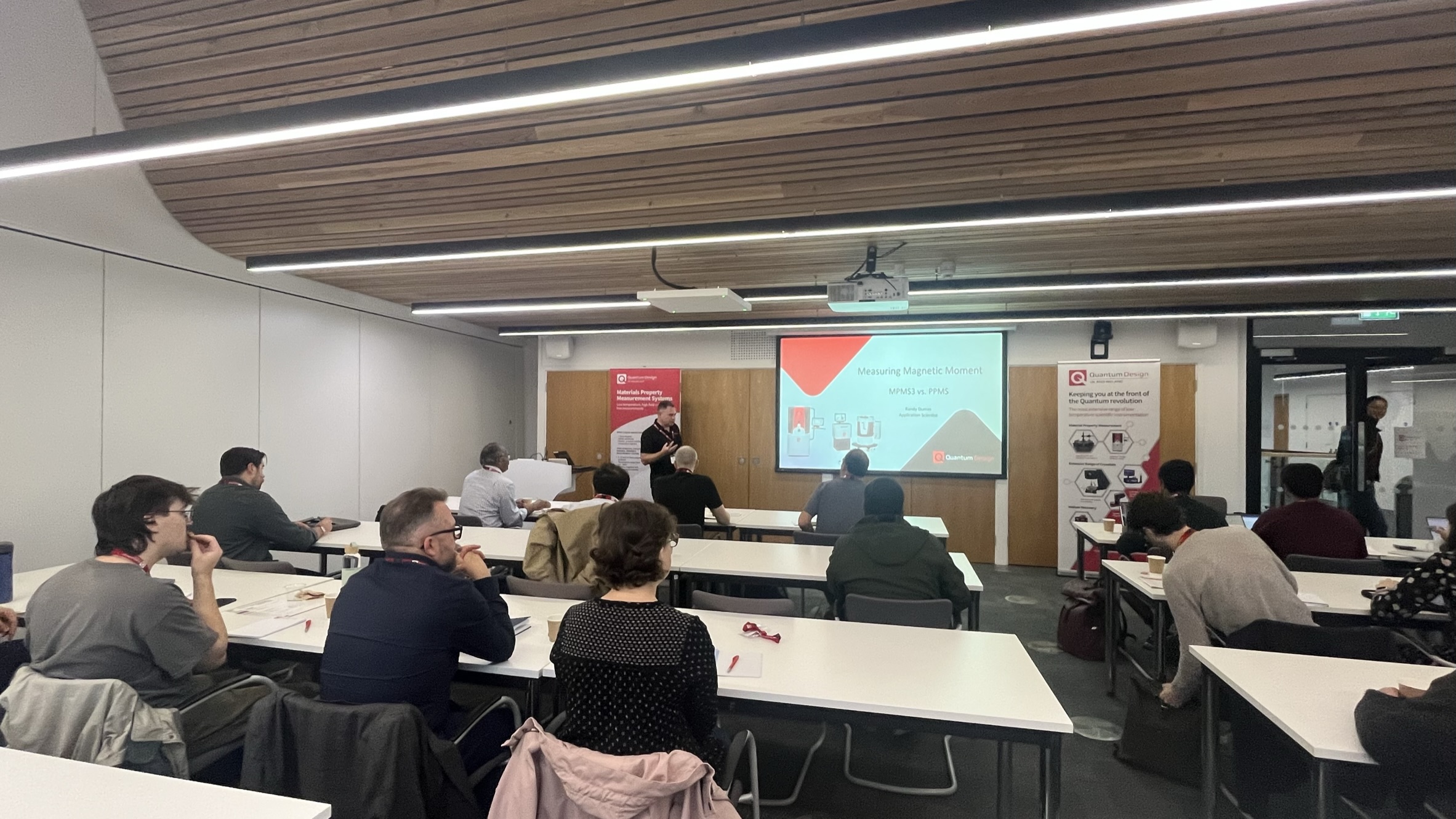
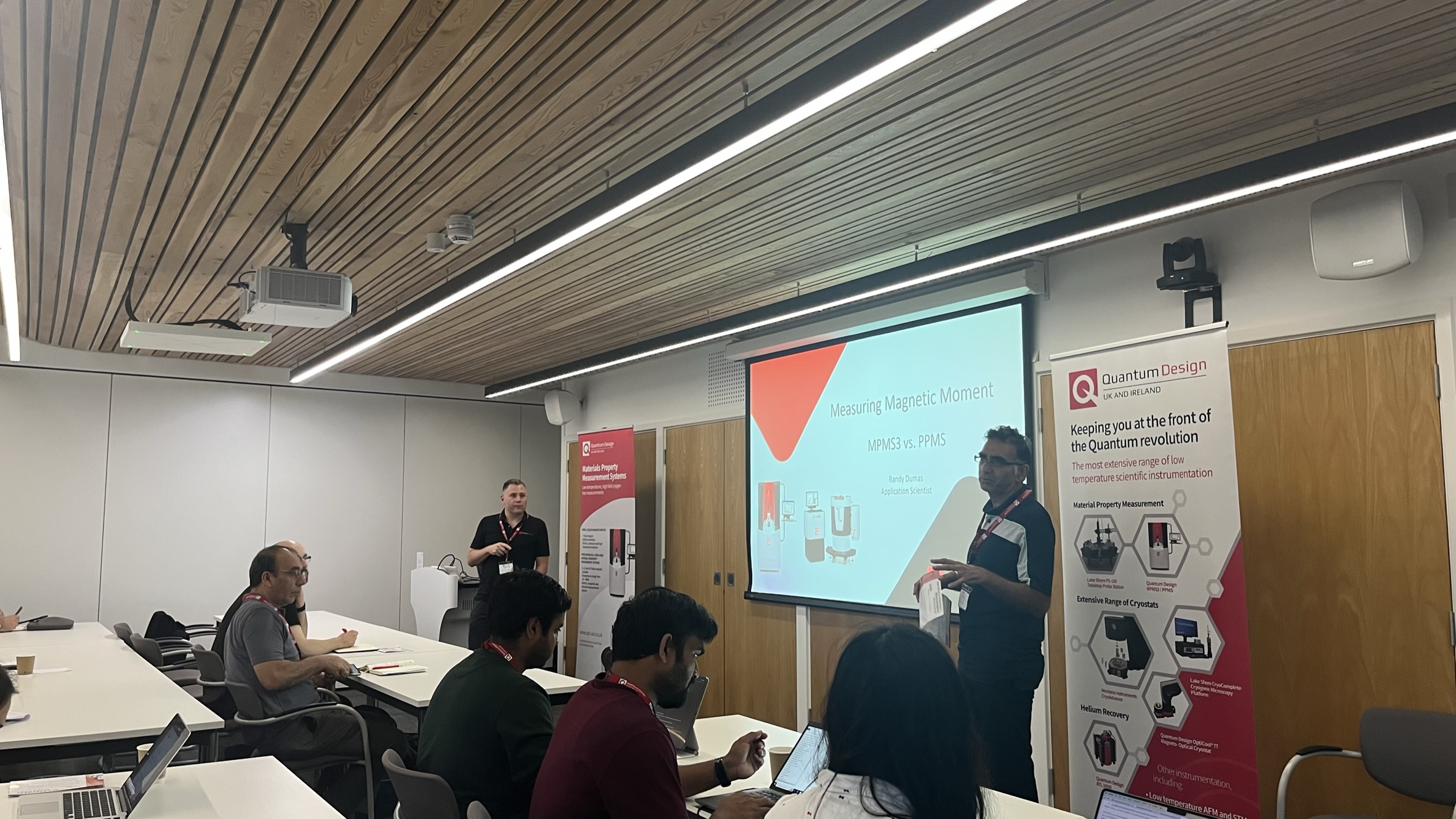
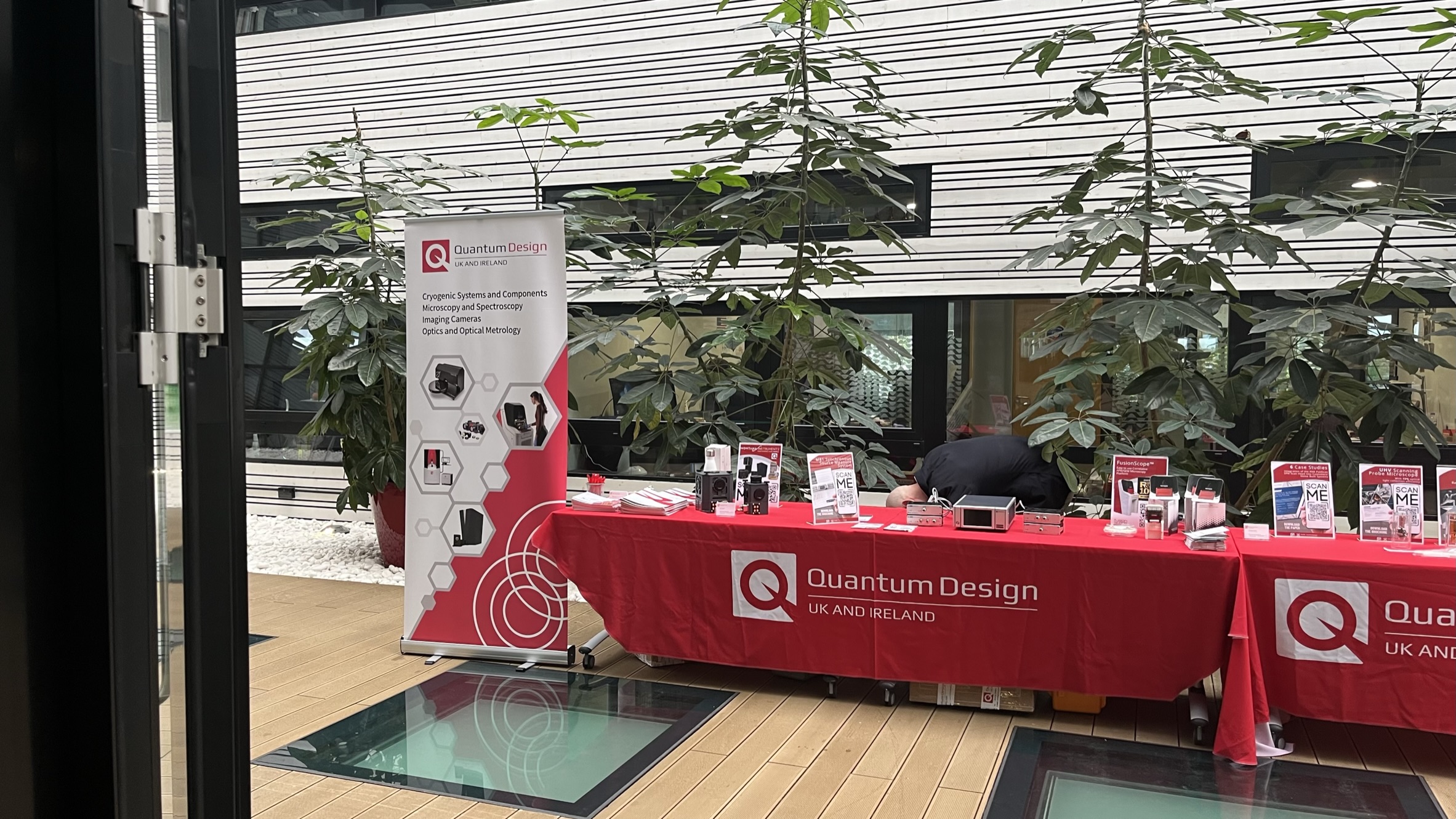
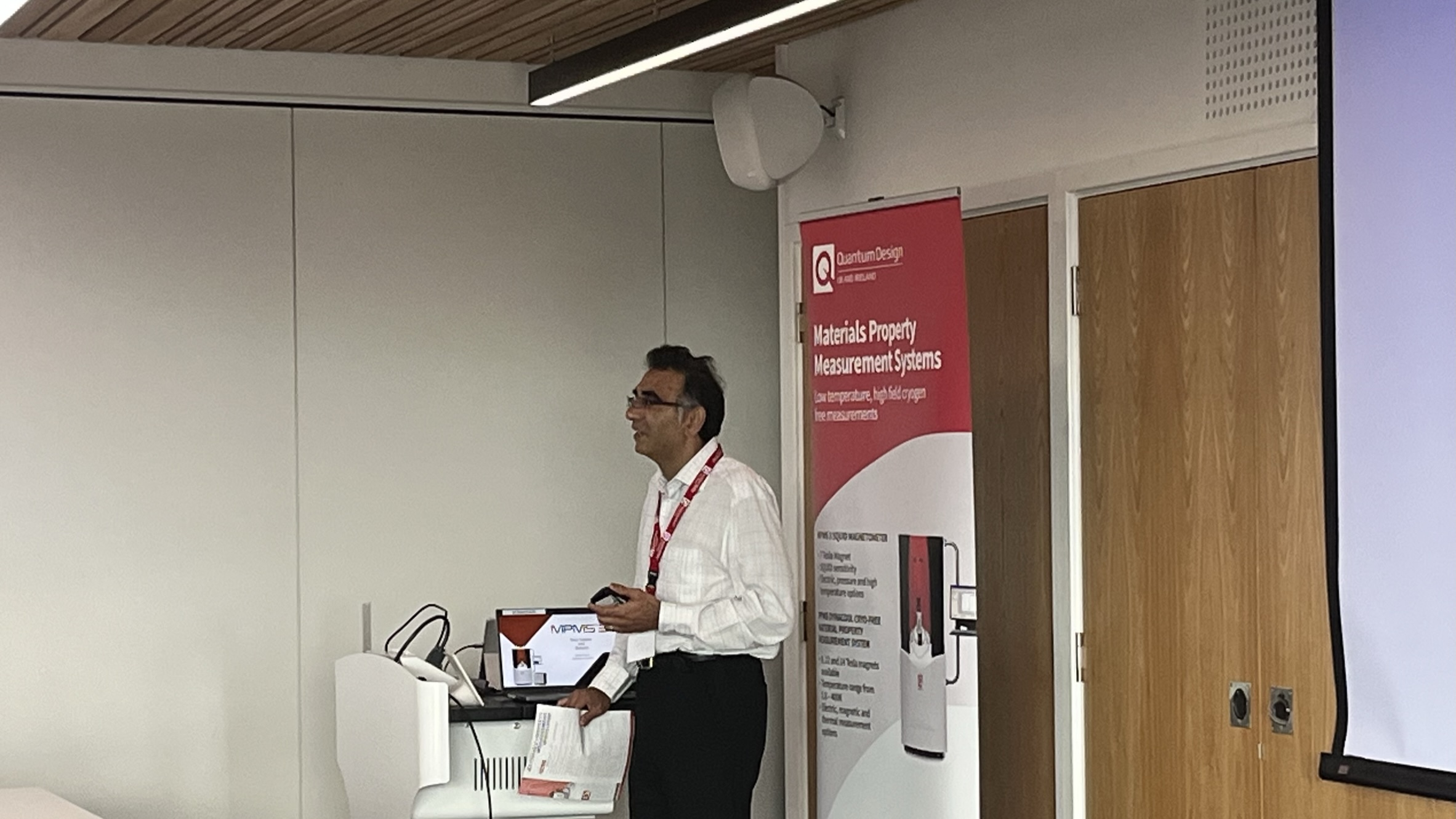
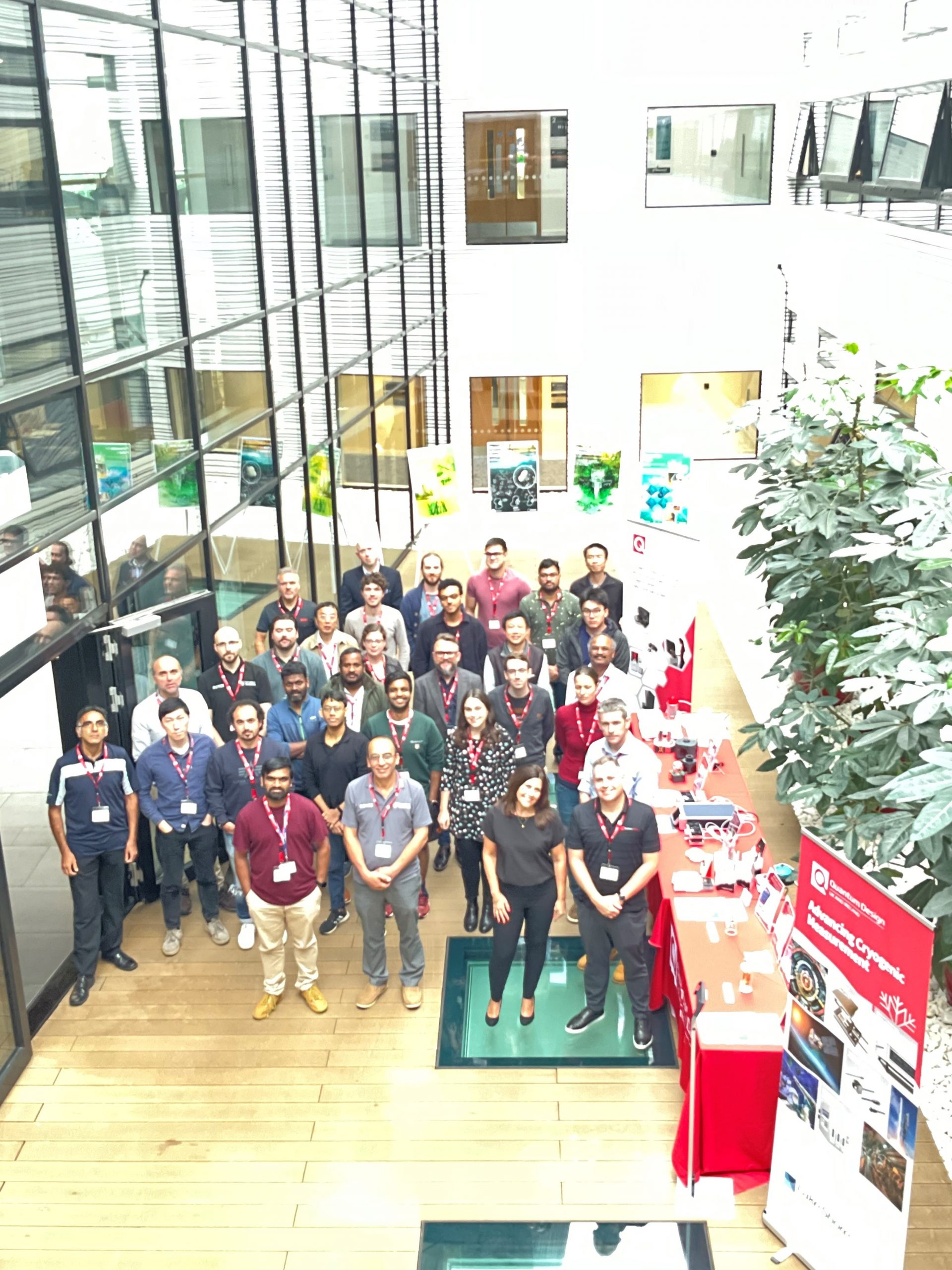
“The QD workshop provided a great opportunity for me to meet the QD application scientists, engineers and managers, discuss the issues and solutions we have, and then to use the QD instruments more effectively, efficiently and accurately. I also learnt a lot of new skills and knowledge in the workshop.”
Hongjun Niu, Research Co-ordinator, University of Liverpool
Meet the Other Speakers
DR. JIASHENG CHEN, QUANTUM MATTER GROUP, UNIVERSITY OF CAMBRIDGE
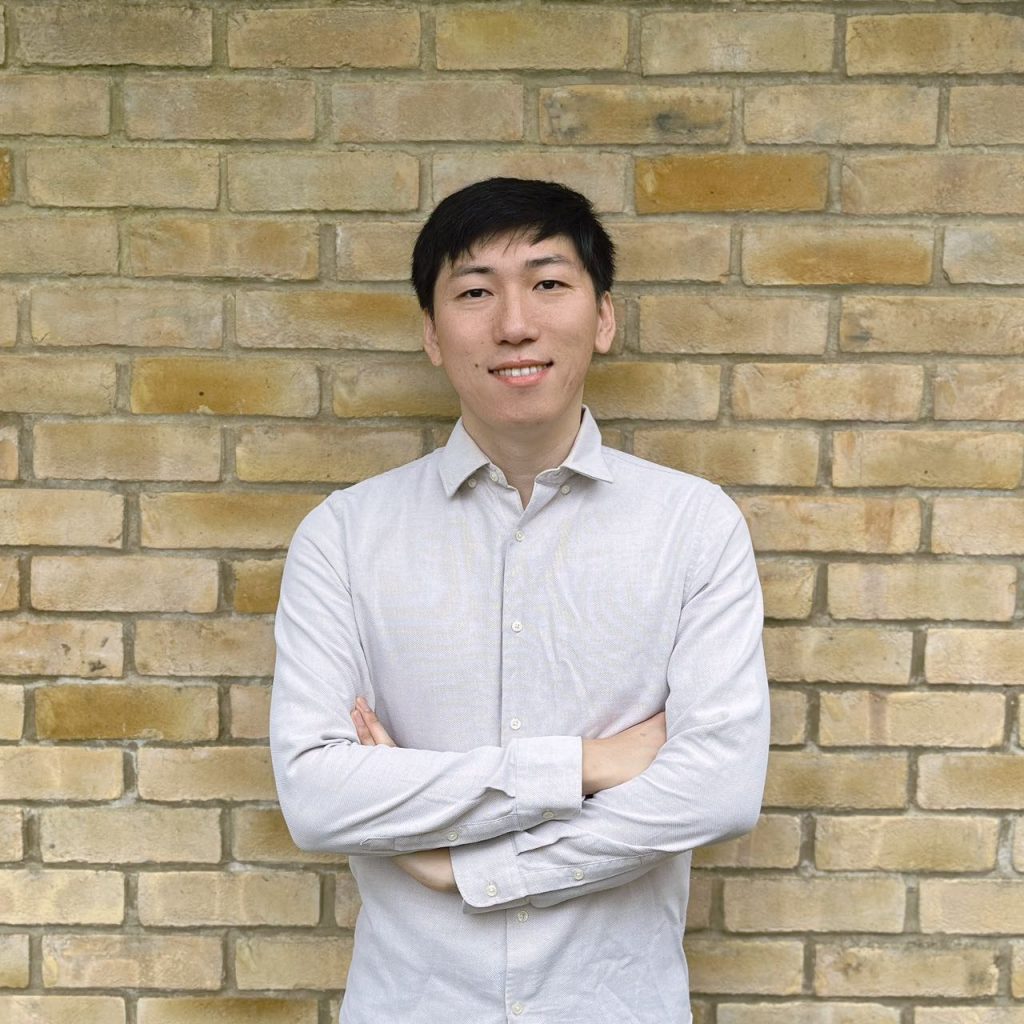
Jiasheng completed his first degree in Natural Sciences at the University of Cambridge. Following this, he received his PhD from the Quantum Matter group at the Cavendish Laboratory and is currently a postdoctoral researcher in the same group. His research focuses on the study of strongly correlated electron systems, particularly systems that exhibit unconventional superconductivity and strong magnetocaloric effects.
CHENG LIU, RESEARCH LABORATORY MANAGER, ADVANCED MATERIALS CHARACTERISATION SUITE, UNIVERSITY OF CAMBRIDGE
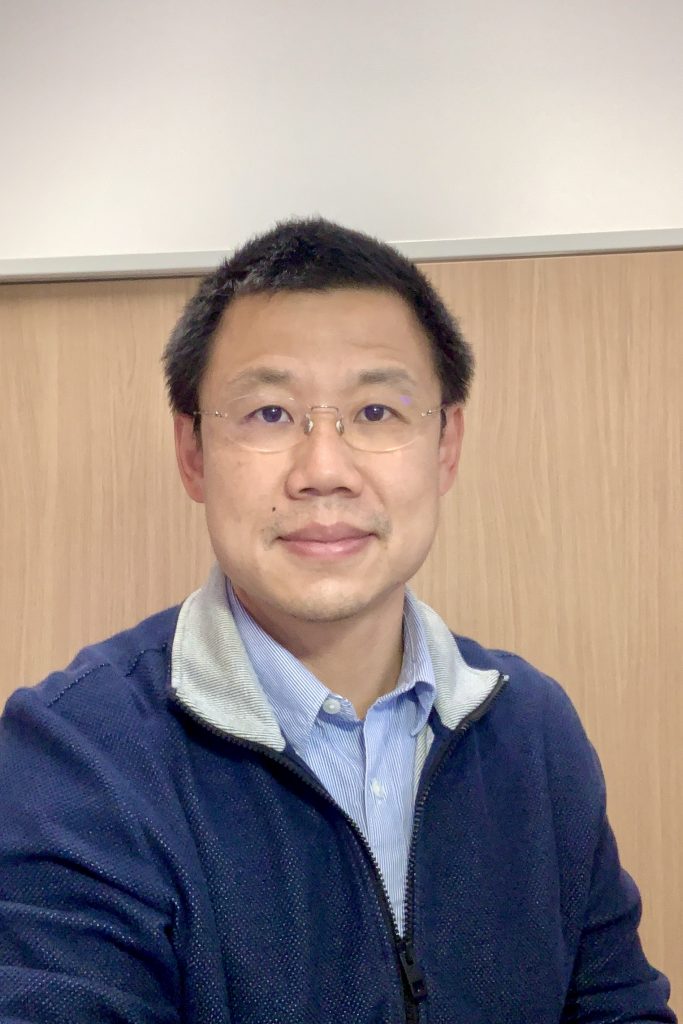
Cheng Liu did his first degree at the University of Cambridge and studied towards a PhD at the Shoenberg Laboratory for Quantum Matter, eventually switching to technical management roles in the Cavendish Laboratory. His research focused mainly on the design and construction of adiabatic demagnetisation refrigerators (ADRs). He is now the Research Laboratory Manager of the Maxwell Centre and the technical lead for the Advanced Materials Characterisation Suite at the University of Cambridge’s Cavendish Laboratory. Read his case study here.
DR. MURAT CUBUKCU, NATIONAL PHYSICAL LABORATORY
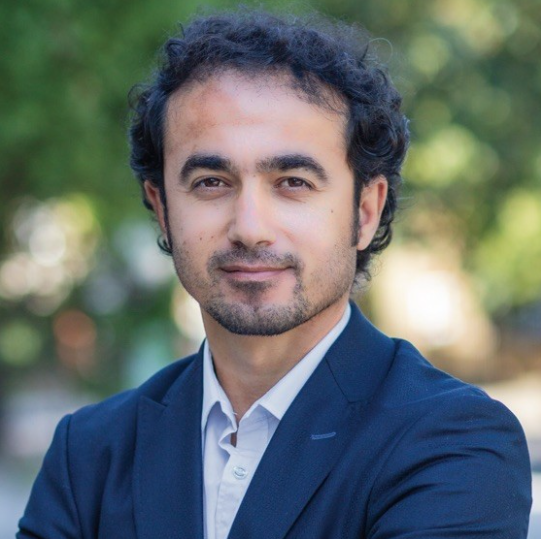
Murat has been trained as physicist at the Unité mixte de Physique CNRS/Thales in the group of Prof Albert Fert and got his PhD at the Paris Institute of Nanosciences of the Sorbonne University in 2010. After his PhD, he carried out several post-doctoral research projects in different world leading academic research laboratories, for example, Spintec Lab of the CEA/CNRS, Unité mixte de Physique CNRS/Thales, Cavendish Lab of the University of Cambridge, London Center for Nanotechnology of the University College London before joining National Physical Laboratory in 2020. His experience ranges from fundamental physics to more application-driven projects leading to major contributions in fields such as Spin-Orbitronics (i.e. Spin-orbit torque, Dzyaloshinskii-Moriya interaction, skyrmions), spin current injection in nanostructures (i.e. Graphene, Organic, Semiconductors, Superconducting) and MRAM for spintronics devices.
GAVIN STENNING, LABORATORY MANAGER, RAL
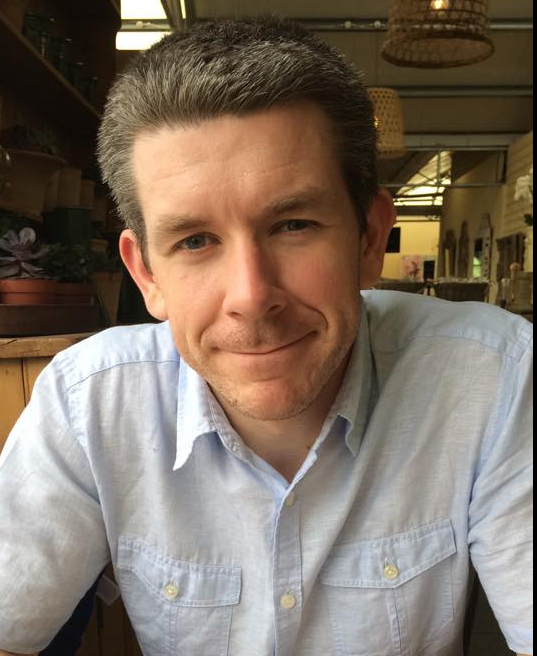
Gavin oversees the running and managing of the Materials Characterisation Laboratory supporting the ISIS user programme providing either access to offline instrumentation or performing measurements on behalf of the user. The facility is in high demand for pre beamtime screening of samples, post beamtime complimentary measurements, preliminary measurements for beamtime and collaborative research. Gavin previously worked at the Home Office Scientific Development Branch and his research interests include Magnetism, Thin film, Metamaterials, Superconductivity. X-ray magnetic circular dichroism. His studies were at the University of Southampton – Magnetism and Superconductivity (PhD) and University College London – Physics and Astronomy (MSci)
Summary
This event went off without a hitch and truly was an immersive and informative workshop. If you missed out on attending this event and want to avoid disappointment next time, please do sign up to our newsletter so that you’ll be among the first to hear about these exclusive events.



